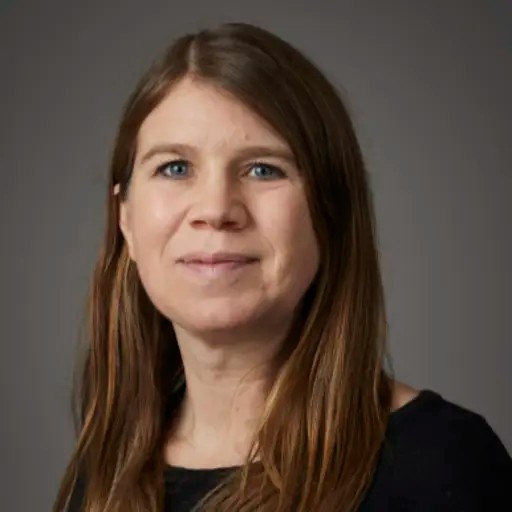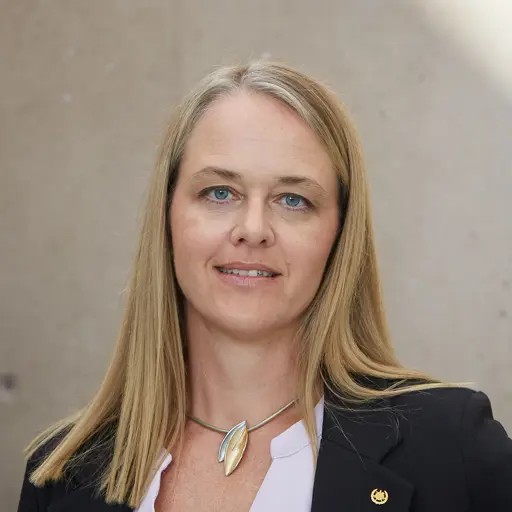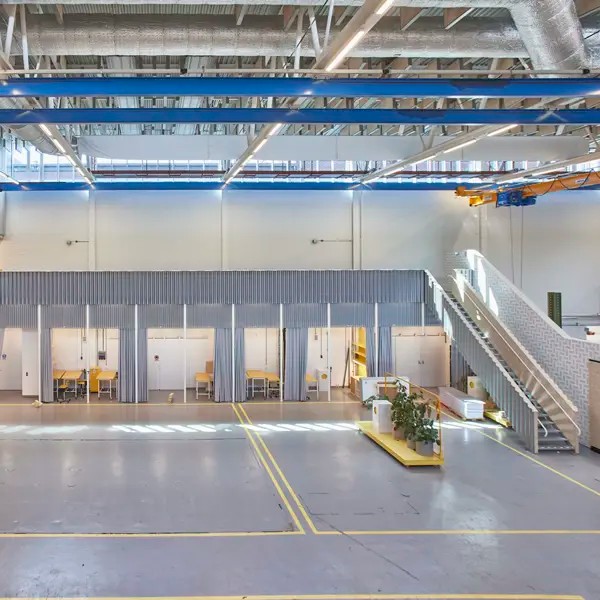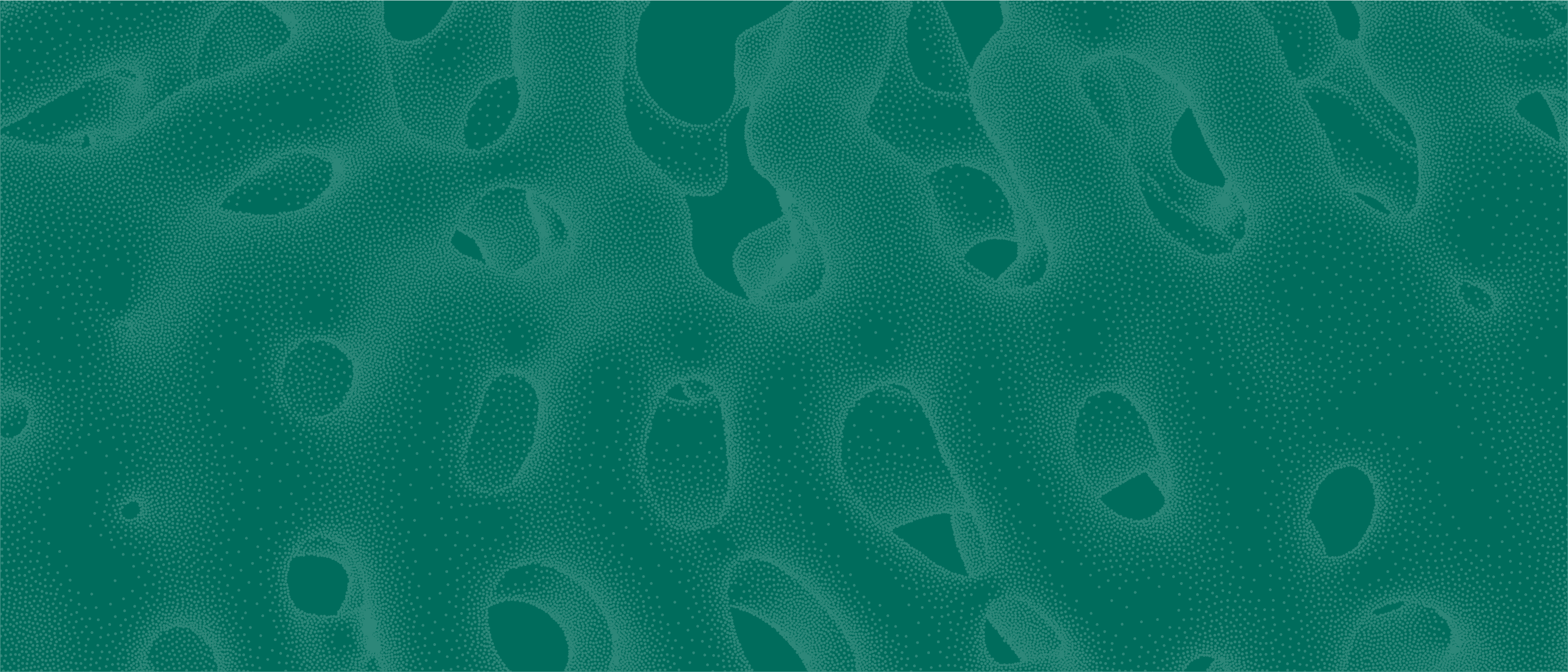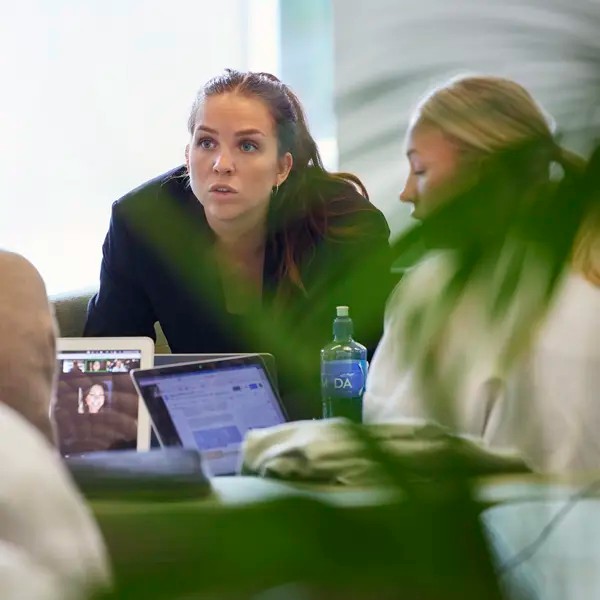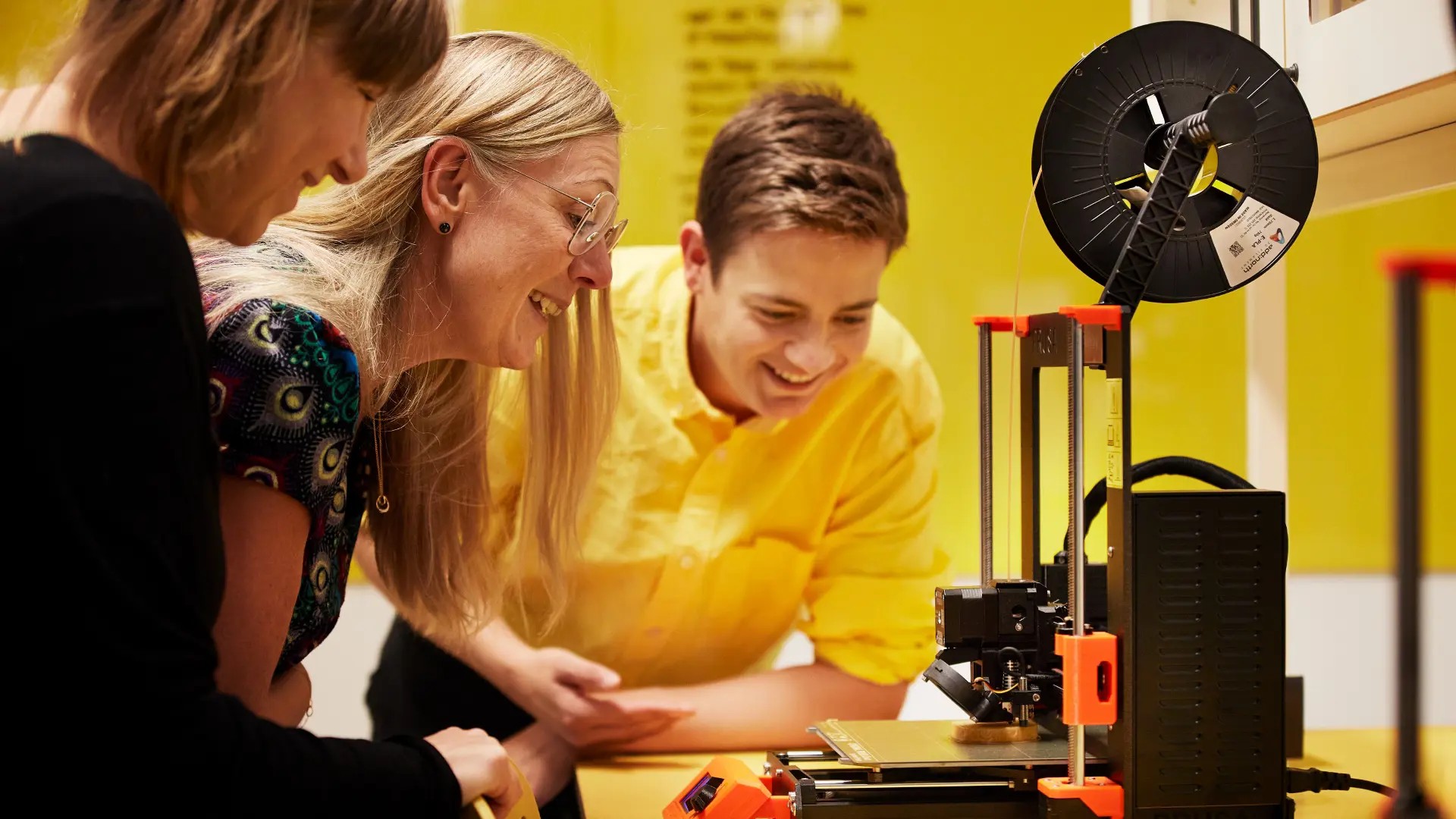
If you choose a Tracks course at Chalmers, you will meet students and alumni from diverse backgrounds to solve current societal challenges. It can be anything from collaborating on solving issues in the healthcare sector and the transport industry to addressing ethical issues in artificial intelligence. The possibilities are endless.
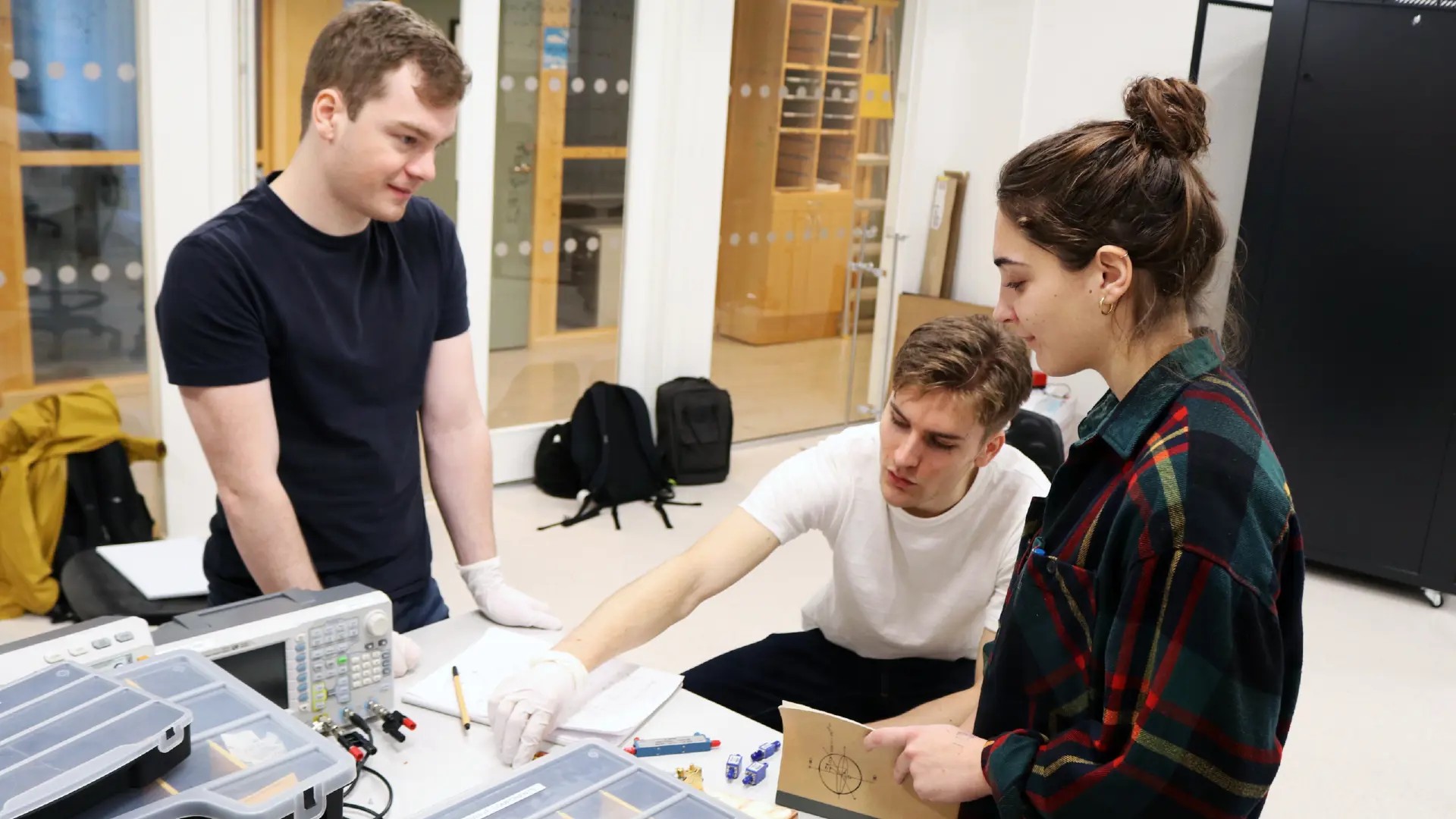
Tracks – a unique concept
These courses provide hands-on experience solving real-world problems, fostering a collaborative mindset, and expanding your professional network. Operating in close partnership with industry, society, and cutting-edge research, Tracks courses are also continuously changed to be as up to date as possible.
Collaboration and entrepreneurship
With a Tracks course, you will become better at collaborating with people from different countries and backgrounds. You will also learn more about ethics, communication, and entrepreneurship. These skills will equip you with a head start in working life. When you take a Tracks course, you also work in our brand-new makerspace: Fuse, which is a creative meeting place with 3D printers, a variety of studios, and workshops where your creativity can flourish.
If you have already attended Chalmers and chosen to take a Tracks course, you will have the advantage of familiarizing yourself with a current critical subject and building on your current knowledge. Together with other engineers, architects, and entrepreneurs of the future, you will gain new perspectives in your future professional life.
Most Tracks courses use Chalmers makerspace Fuse – a creative meeting place where education, research, industry and the community come together to test and implement ideas.
Kick-start your career with professonal skills
Tracks courses can function as a bridge, from your studies to working life. Students create networks outside their own field of education and the world of academia. The industry representatives that Chalmers collaborates with believe that Tracks gives students a great competitive advantage in their future careers. The experience of working in teams with mixed backrounds and competencies, is requested by many companies. Tracks courses also have a cross-disciplinary and project-based working method that is similar to the reality in working life.
Courses in study period 1 open for applications 19 Aug- 5 Sep
- Building and programming a quantum computer
- Carbon Capture and Storage (CCS) – Pathways to Negative Emissions
- Digitalization in Sports – from physics to innovation
- Integrative Design for Radical Resource Efficiency
- Metallic material development for circularity and future trends
- Modeling Climate Futures: Science, Economics, Ethics and Policy
- Modern Energy Technologies and Systems
- Nuclear reactor technology – past, present and future
- Product development by additive manufacturing
- Space technologies and human astronautics
- Structural batteries – design, manufacturing and characterisation
- Sustainable approaches for Entrepreneurial (Co)Action

Select courses
Information about how to select and apply to courses.
What do previous course participants think?
"I believe the teamwork experience was especially valuable for my work life.”

Overview of all Tracks courses
The tracks courses are organised under five themes: Emerging energy systems, Emerging technologies - from science to innovation, Future transport systems, Health and sports technology, Sustainable cities and Future production.
How to apply
Starting with the courses in study period 1, 2024, Tracks courses will be selected in the general course selections at Chalmers.
For alumni, PhD-students and professionals the course selection follows a different process. See more information below.
Collaborate with Tracks
Tracks is a unique concept within Chalmers’ educational offering and is conducted with a connection to society. The Tracks courses are elective and do not belong to a specific department or programme; students and alumni are welcome to apply regardless of their educational background. Certain Tracks courses are also available for employees who wish to develop their competence as part of Chalmers’ Professional Education offering.
The format also includes close cooperation with external actors and companies, who are welcome to participate in and contribute to the courses. Do you want to know more, collaborate with Tracks or submit proposals for the content of a course? Perhaps a skill that you think today’s engineers lack? Please contact Tracks' scientific lead for more information.
